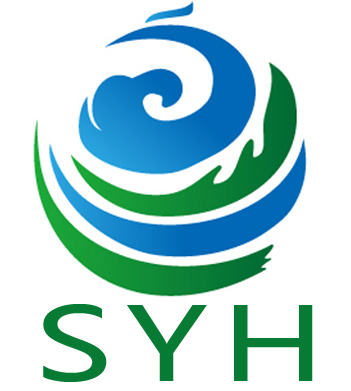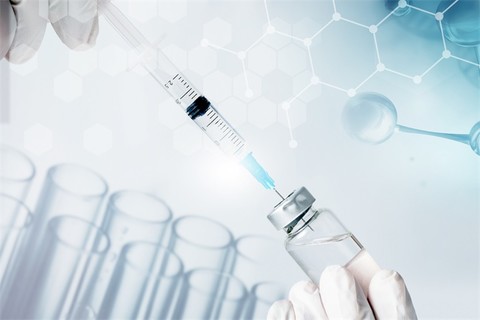UNITED NATIONS – Equitable access to COVID-19 vaccine, medicines and medical equipment shall be secured in global response to the pandemic, according to speakers at a special session of the United Nations General Assembly in response to the COVID-19 pandemic.
A school teacher receives a jab while being injected with Sputnik V (Gam-COVID-Vac) vaccine against the coronavirus disease (COVID-19) at a clinic in the town of Domodedovo near Moscow, Russia December 3, 2020. [Photo/Agencies]
The world’s response to the crisis caused by the pandemic must be equally born, said Munir Akram, president of the Economic and Social Council on Thursday.

“We must first ensure that the vaccine against the virus becomes available to everyone, everywhere, rich or poor, man or woman on an equitable basis,” with health workers, women and children and others prioritized, said Akram.
Akram said advance purchase for COVID-19 vaccine must not be allowed to undermine collective commitment to equity in vaccine distribution.
The Non-Aligned Movement (NAM) stressed the importance of affordable, unhindered and equitable access by all countries to medicines, vaccines and medical equipment, which should constitute an integral part of a coordinated and effective global response to COVID-19, said Ilham Aliyev, president of Azerbaijan and chair of the NAM.
Aliyev expressed the hope that COVID-19 vaccines will be considered as global public goods ensuring their universal distribution at affordable prices for all.
With the poorest and most vulnerable hit the hardest by the pandemic, NAM is gravely concerned that further impact of the crisis will reverse hard-won development gains and hamper progress toward achieving the Sustainable Development Goals, said Aliyev.
As many as 100 million people were pushed back into extreme poverty and 20 countries face acute food security and scarcity with 300 million jobs lost and five countries defaulted on payments, noted Akram.
Akram added that each government should be encouraged to respond to the people’s needs and governments and international institutions must put people first in deploying resources.
The World Health Organization, the Coalition for Epidemic Preparedness Innovations (CEPI) and international vaccine alliance organization Gavi have launched a global initiative COVAX to give participating countries equal access to COVID-19 vaccines.
As the global procurement mechanism of COVAX, COVAX Facility has the participation of around 100 countries and economies by Nov. 24 with China’s joining in early October.
The two-day special session primarily consists of a general debate on Thursday and interactive dialogues with experts, UN agencies and leading scientists on Friday.

